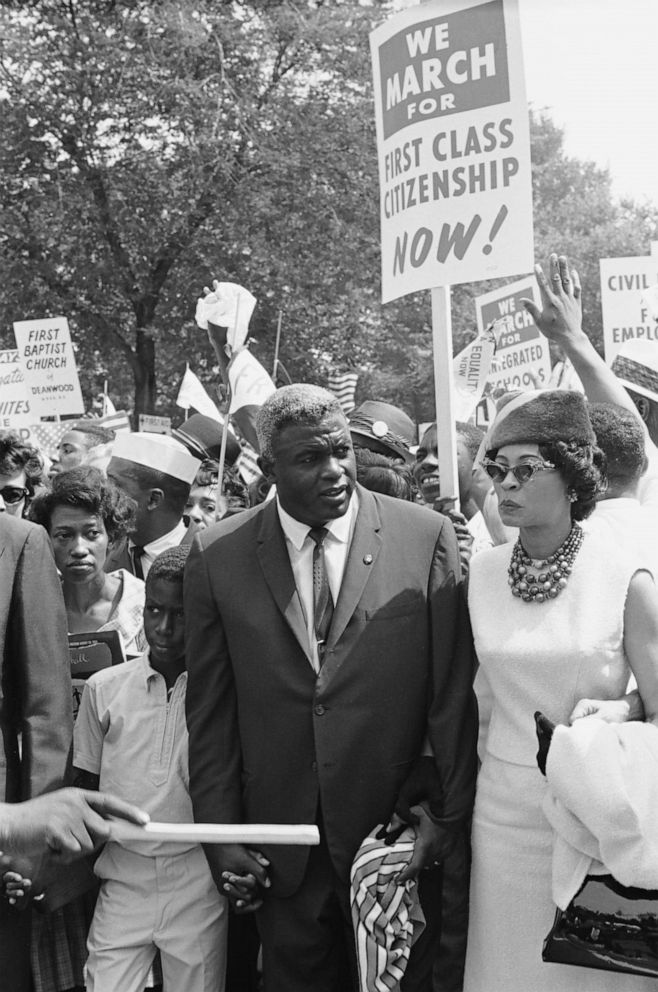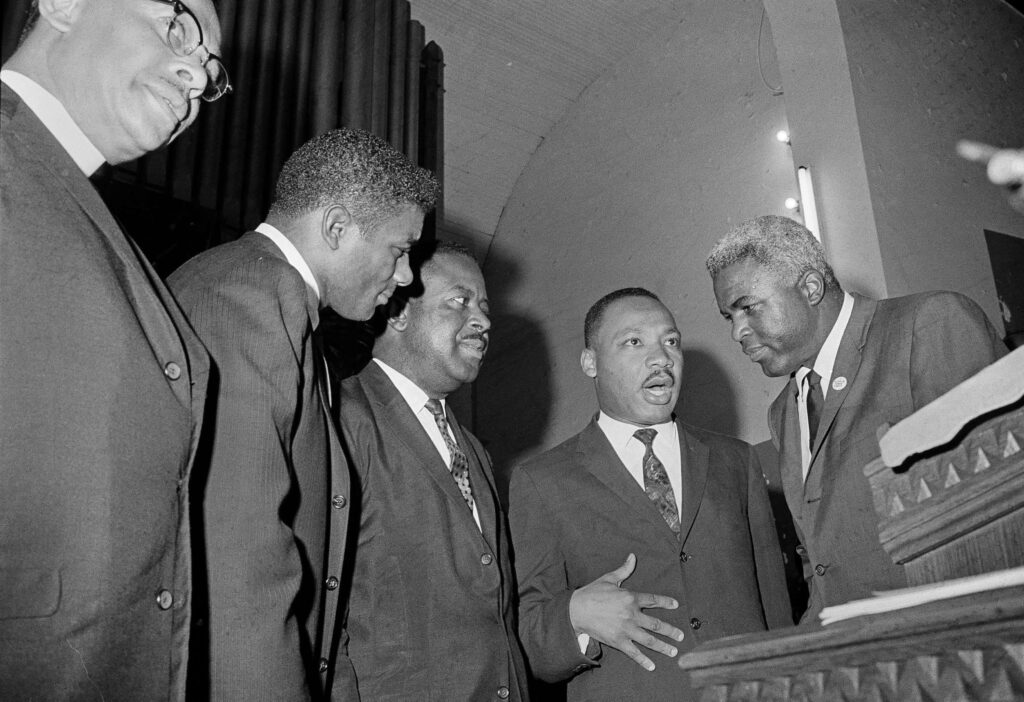After integrating baseball, Robinson became a full-fledged leader in the Civil Rights movement. He used his celebrity status to further human rights and endeavored to change the landscape of race relations in the United States. Upon retiring from the game in 1957, Robinson was hired to serve as the Vice President for Personnel at Chock Full O’Nuts, the first African American to be named a Vice President of a major American company. He used his position at Chock Full O’ Nuts to improve working conditions for employees.
An active member of the NAACP, Robinson was often a featured speaker at civil rights rallies including the famed March on Washington in 1963, and frequently participated in picket lines. As a nationally syndicated columnist for the New York Post and New York Amsterdam News, Robinson wrote passionately on social issues, sports, and family life, always encouraging people in his community to become active in politics and business.


